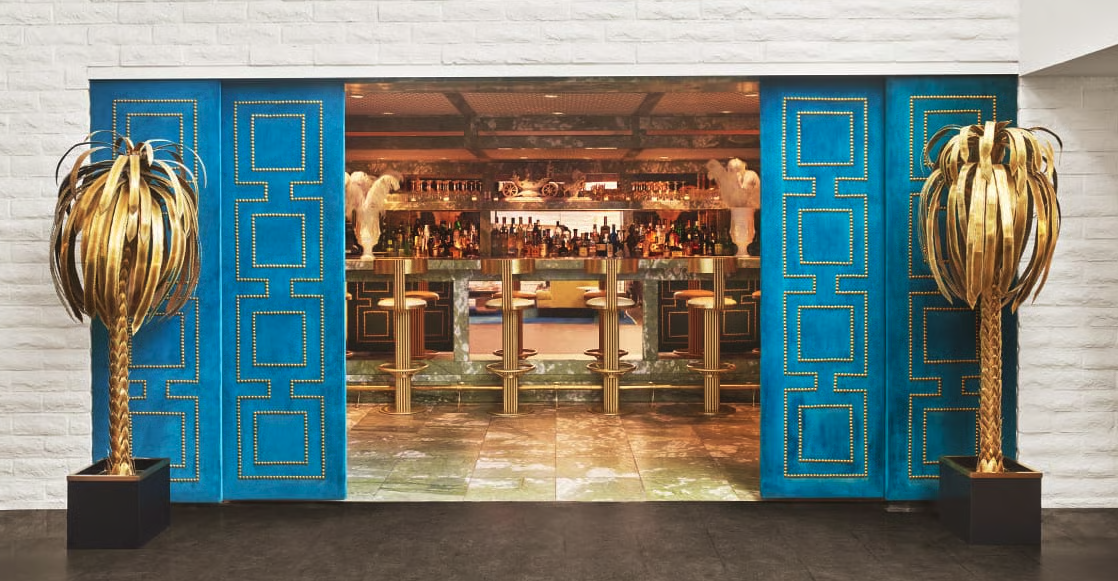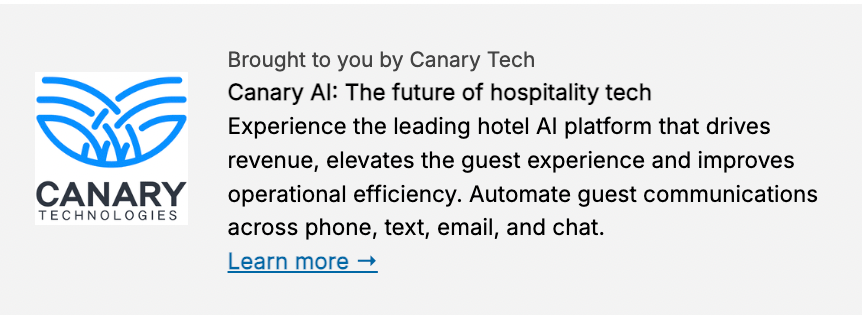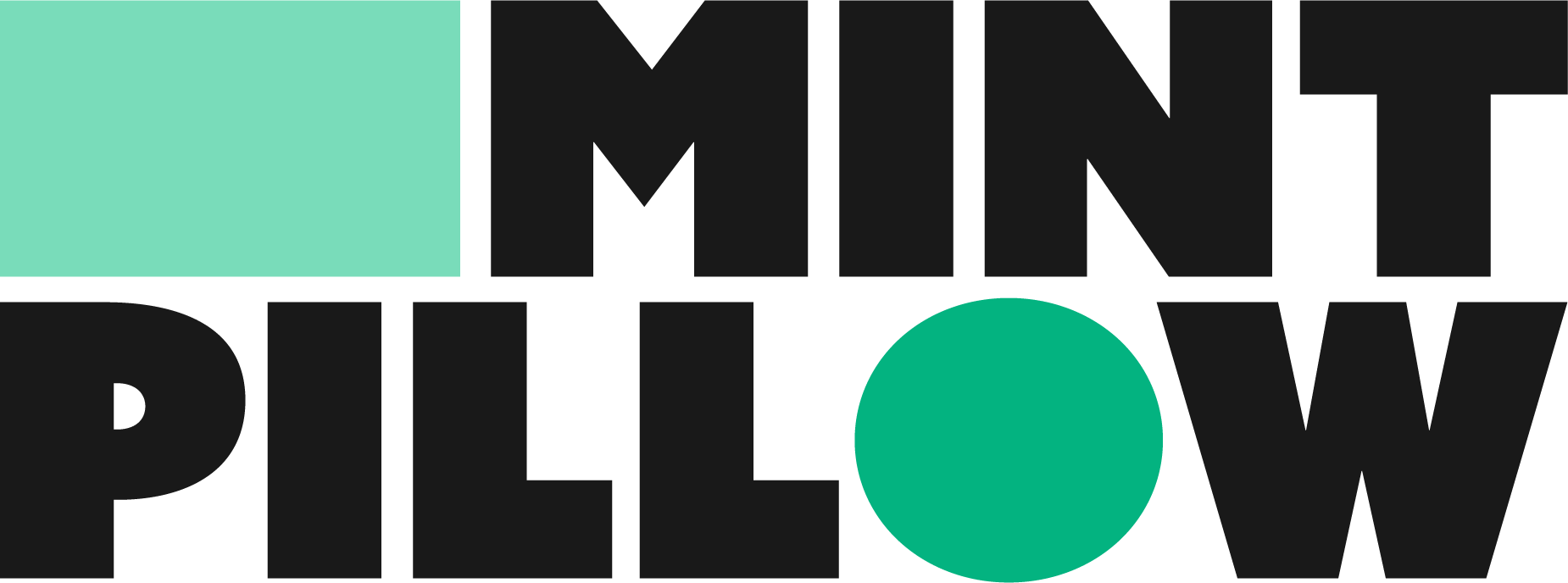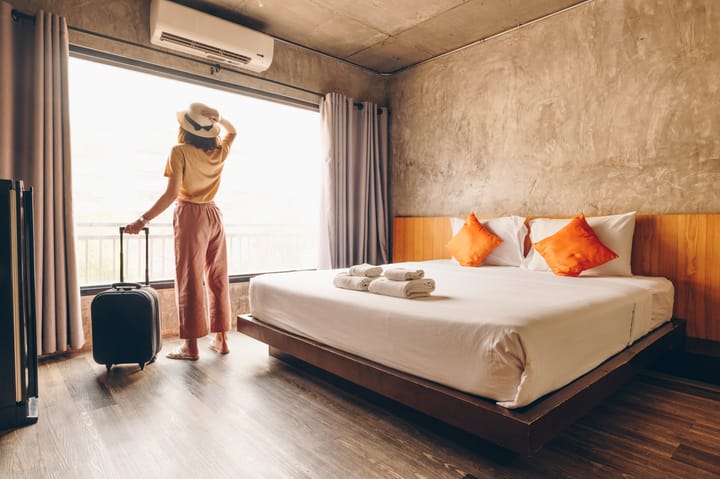Indie hotels *are* the moment
Plus: Are constant promos cheapening your brand?


This week in hospitality hot takes:
Ian Schrager—the "godfather of boutique" and patron saint of panache, has officially confirmed what we all know: independent hotels aren’t just having a moment; they are the moment.
Also on deck: the great discount addiction (yep, you might be training your guests to treat your brand like a perpetual clearance rack) and a little love note on airline-style upselling to increase your TRevPar—because there's an art to charging for things guests swear should be free.
Read on; this week’s insights pair well with caffeine and ambition. ☕️
And in your inbox later this week: A conversation with Ryan Bosch, a finance, debt and equity rainmaker who shares a look ahead at the 2026 financial, lending and investment landscape for independent hoteliers.
But first: here's what a $50k-a-night suite at the Waldorf Astoria New York looks like.

Soul, not scale. Leave it to Bashar Wali to cut straight through the noise of AI, loyalty programs and the newest gadgets. His latest piece for A Hotel Life is a much-needed gut-check, asserting that hoteliers should just ask the only question that matters: "How will this make guests feel?"
Speaking my language. Mews is making a major play to own the hotel data game by acquiring AI platform DataChat. The program has a "conversational intelligence" platform, which allows users to ask questions through natural language and generates insights without coding.
Independent but connected. Curator Hotel & Resort Collection is really building its own cool kids' table, and it just pulled up three new chairs. It’s a pretty diverse crowd, from one of California’s oldest continuously operating hotels to a resort in the Colorado mountains. Just goes to show that even the fanciest indies want that shared distribution muscle.
A la carte perks. TRevPar gets supercharged when you give guests the option to personalize their stay by unbundling perks like early check-in or choosing a specific room. The entire strategy, however, hinges on finding that elusive sweet spot where you're seen as offering valuable control, not just charging airline-style for benefits they expect for free.
Squaring up for a fight. AHLA just tapped Capitol Hill veteran Brett Horton as its new chief advocacy officer. House of Representatives Majority Leader Steve Scalise says, "There are few people that know Capitol Hill better than Brett Horton." His job is to make sure our industry's biggest headaches—from labor shortages to OTA battles—become their problem, too.


Ditch the beige. Be the playground.
The secret to capturing desert cool lies in a wildly talented design vision that treats 13 sprawling acres like a guest list for a glamorous, private party. Behind the iconic breeze-block façade at the Parker Palm Springs, Jonathan Adler went all-in on mixing mid-century bones with a relentlessly playful spirit.
Why it matters: When you chase personality, not trends, guests respond. The Parker shines at being unabashedly itself inside (with quirky art and patterned carpets galore) and out (with a labyrinth of secret gardens and gurgling fountains). Indie hoteliers, you have the freedom to design moments of intentional surprise, like the Parker’s giant brass banana or a hidden fire pit. Use your space to encourage the kind of over-the-top, madcap celebrity fantasy that travelers are secretly craving as an escape from their everyday lives. (Hotels Above Par)
Above: The Parker Palm Springs. (Courtesy)

"If all the other hotels were department stores, all things to all people, we were a boutique, very specifically focused, very narrowly focused....And then we started using lifestyle hotels. And now that's being adopted by everyone....Now what I like to say is independent. It has to be an independent hotel, independent of thought and approach. And I think the future of the hotel industry is maintaining that independence."
—Ian Schrager, Hotelier, Entrepreneur, Cultural Pioneer
The indie prophecy
Ian Schrager, the "godfather of boutique," just confirmed what we’ve always known: independent hotels are the future of the industry. He asserts that generic, formulaic stays are officially dead because guests are too savvy and informed to accept them anymore.
Why it matters: This is the ultimate validation from the man who started it all. He makes it clear that the "behemoths" are only growing by acquiring indie concepts, proving this model is the only one with a real future. This is the independent hotels' cue to stop worrying about the cookie-cutter hotel down the street and double down on what makes them unique. Indies are, without a doubt, the new standard. (The Stanza)

More promos, more problems
Wondering if 10% off and a free bottle of prosecco will fix a slow week? Constantly offering discounts trains your guests to devalue your brand and attracts the wrong kind of client—the deal-seeker, not the loyalist.
Why it matters: Every complex deal adds a massive operational burden, creating a technical mess in your booking engine and confusion for your staff. This complexity makes it impossible to know your true ADR and creates a high-friction check-in for guests trying to redeem their perks. It’s a reactive operational model that prioritizes filling a room at any cost, rather than selling a valuable, streamlined experience. A sounder strategy is to simplify, focusing on one or two clear offers that your team can execute flawlessly every single time. (80 Days)

The 2026 tightrope
The HSMAI Foundation's new talent report is a crystal ball for 2026. It recommends hoteliers prioritize a rise in AI, upskilling and reskilling their workforce and an increase in fractional staffing.
Why it matters: This report shows the 2026 strategy is a tightrope walk between tech and talent. The takeaway: invest in AI training immediately so your teams can actually use the new tools. But at the same time, leaders need to double down on human-centric leadership and real flexibility to stop the talent bleed. The winning operators will be the ones who figure out how to do both—using AI to make the work smarter and building a culture that makes people actually want to stay. (Travel Daily News)
Thanks for reading today's edition! You can reach the newsletter team at newsletter@mintpillow.co. We enjoy hearing from you.
Interested in advertising? Email us at newslettersales@mvfglobal.com
Mint Pillow is curated and written by Jennifer Glatt and edited by Lesley McKenzie.




